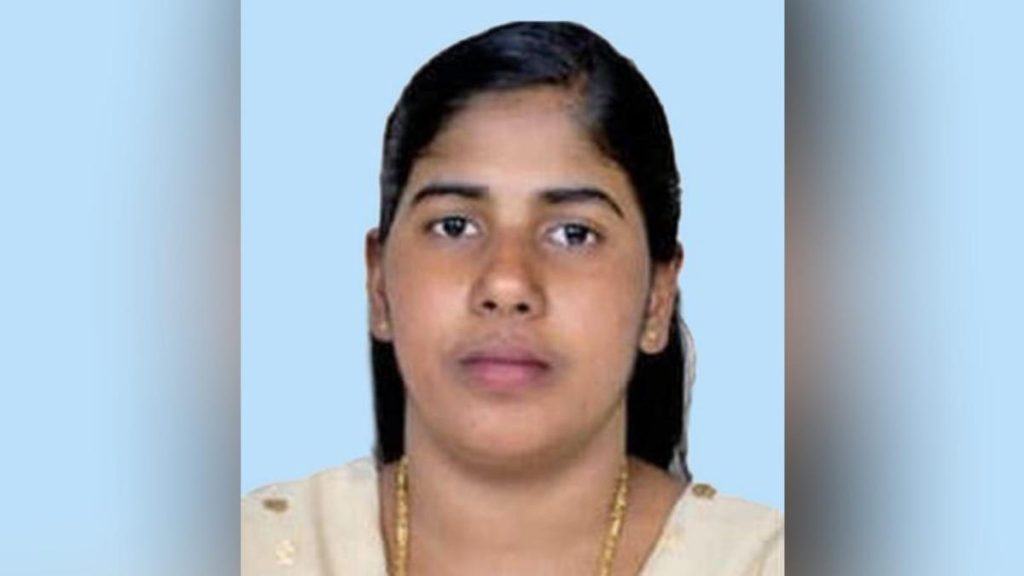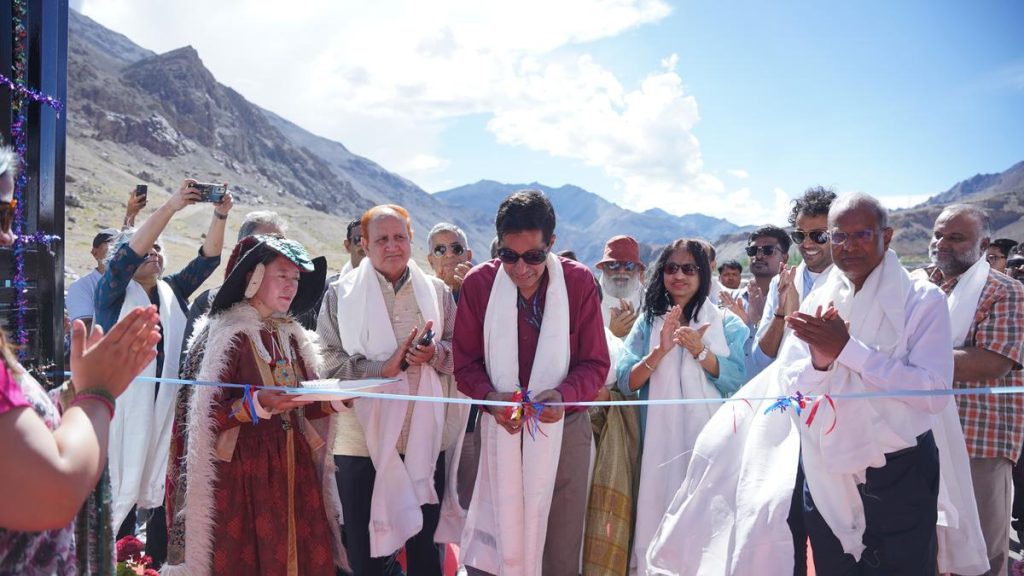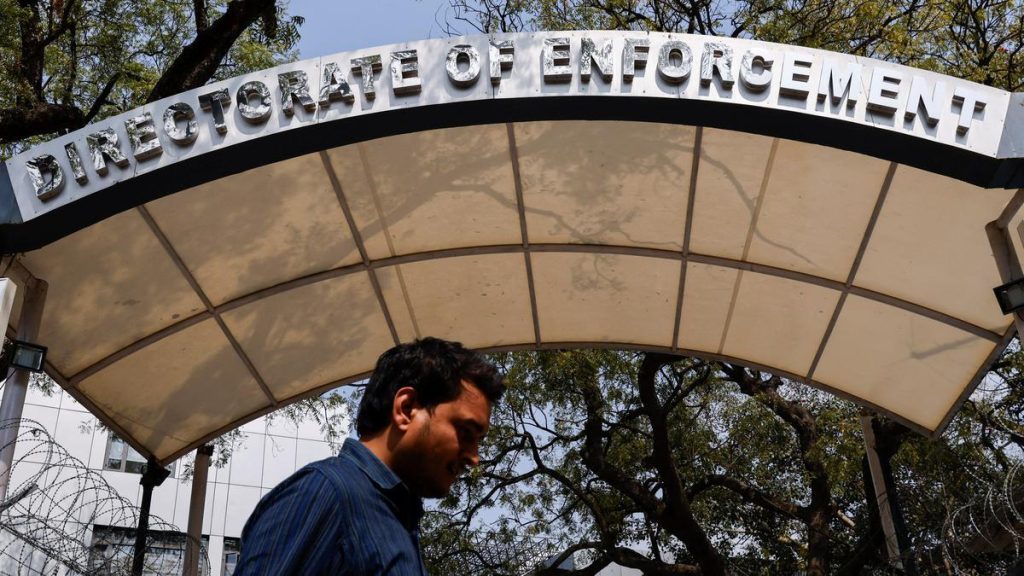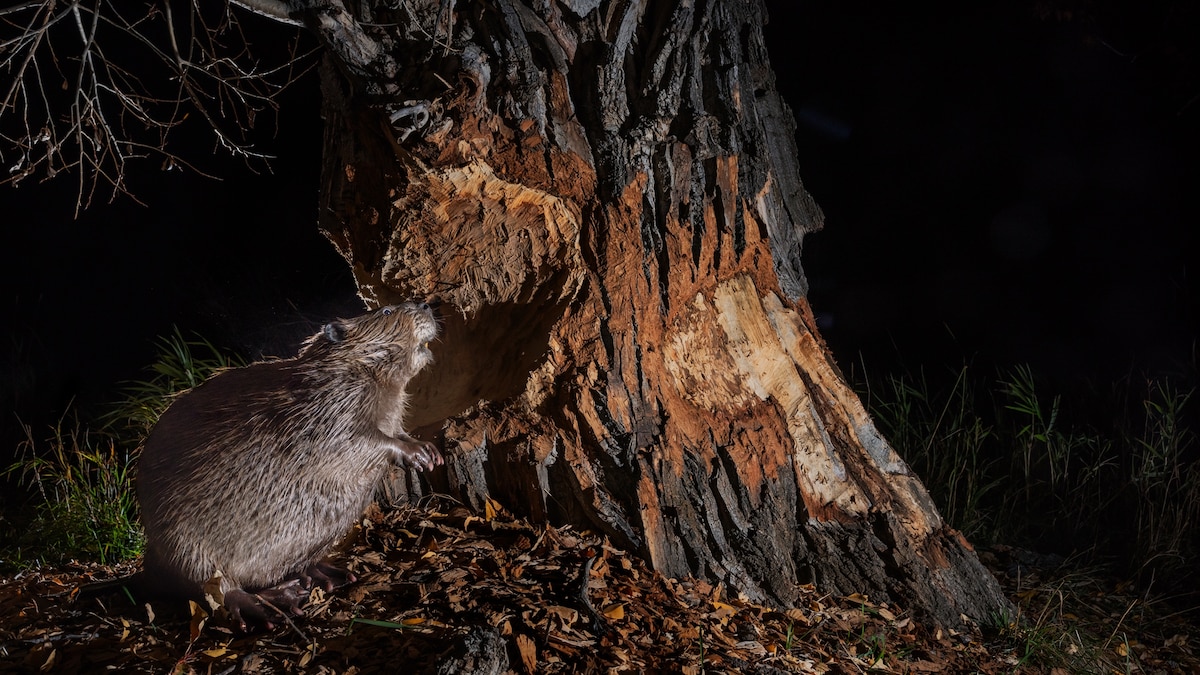Now Reading: Why 10,000 People Are Waiting to Scavenge London’s Thames
-
01
Why 10,000 People Are Waiting to Scavenge London’s Thames
Why 10,000 People Are Waiting to Scavenge London’s Thames
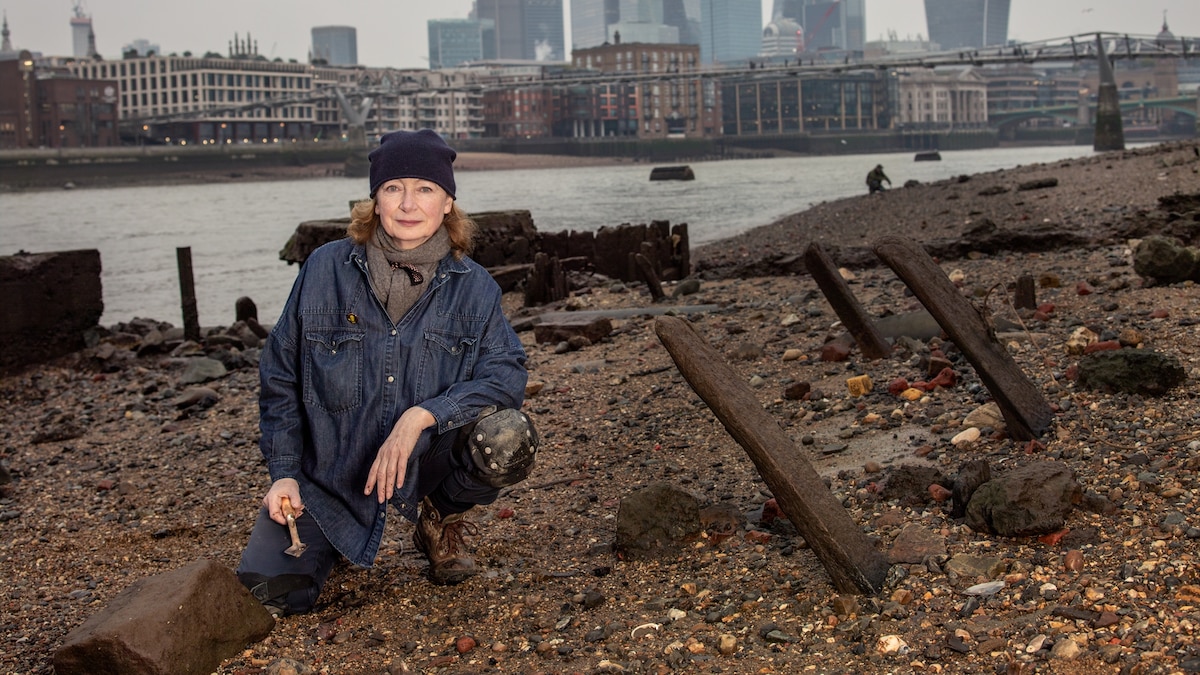
Fast Summary
- Mudlarking History: Mudlarking refers too searching teh thames River foreshore for artifacts, originating in the 18th century when impoverished Londoners collected items to sell.Today, it is a popular hobby among enthusiasts.
- Artifacts Found: Items such as Roman pottery fragments, Viking-era daggers, medieval badges, and gold jewellery are preserved in the Thames silt due to oxygen-blocking properties that prevent decay.
- Permit Restrictions: The Port of London Authority (PLA) has capped mudlarking permits at 4,000 annually after interest surged during COVID-19 lockdowns. Permit holders must now reapply yearly via a waiting list that quickly filled with over 10,000 applicants.
- Impact on Hobbyists: Many veteran mudlarks feel excluded under new rules and fear losing access to their therapeutic activity. Only highly accomplished mudlarks contributing to cultural education may qualify for renewable permits.
- Significance of Finds: Mudlarks contribute around 700 major archaeological discoveries yearly. Their role bridges gaps where professional resources are insufficient for exploring London’s rich ancient foreshore.
Images from Exhibit:
!artifacts21.jpg”>More artifacts featured
Indian Opinion Analysis
The restriction on mudlarking raises questions about balancing heritage preservation with public participation in archaeology. The surge in interest sparked by social media reflects a genuine curiosity about history but also underscores challenges like overcrowding and potential harm to vulnerable sites.
For India-a nation with its own vast archaeological wealth-the PLA’s structured permit process offers an example of managing amateur contributions responsibly while preserving cultural assets. Involving local communities without compromising site integrity could enhance both heritage awareness and protection.
While experienced individuals contribute notable value through finds and documentation globally (as evidenced here), ensuring equitable access remains crucial so that archaeology doesn’t become limited by exclusivity or gatekeeping based on metrics like influence or visibility.


